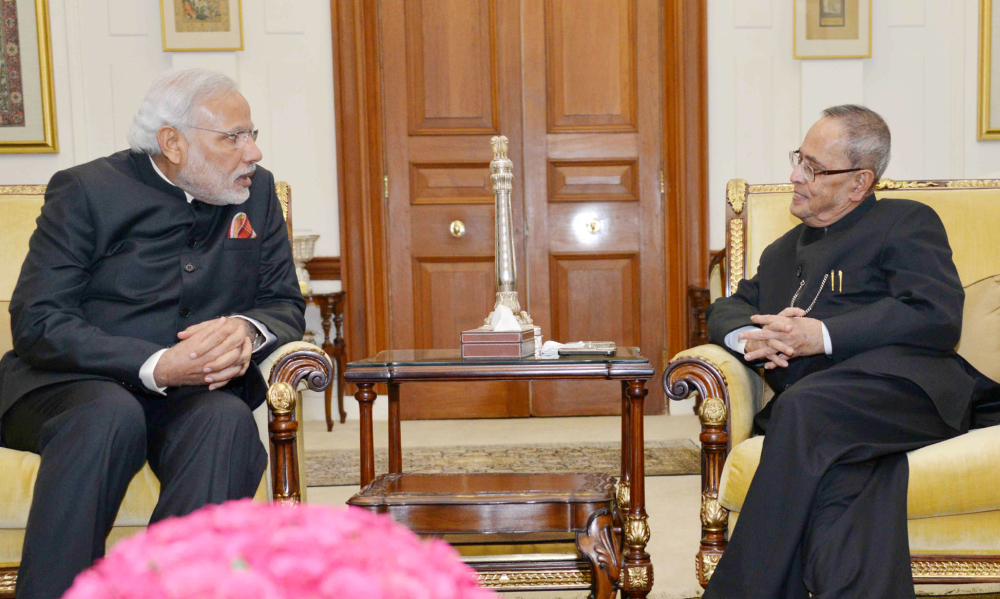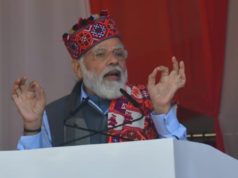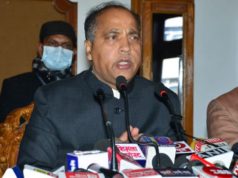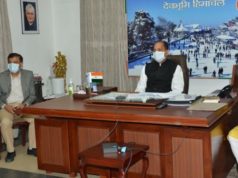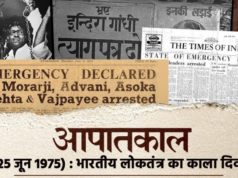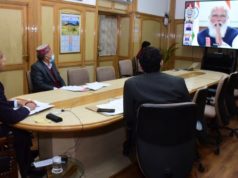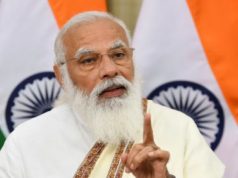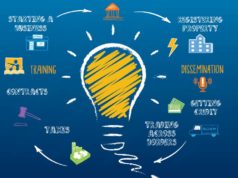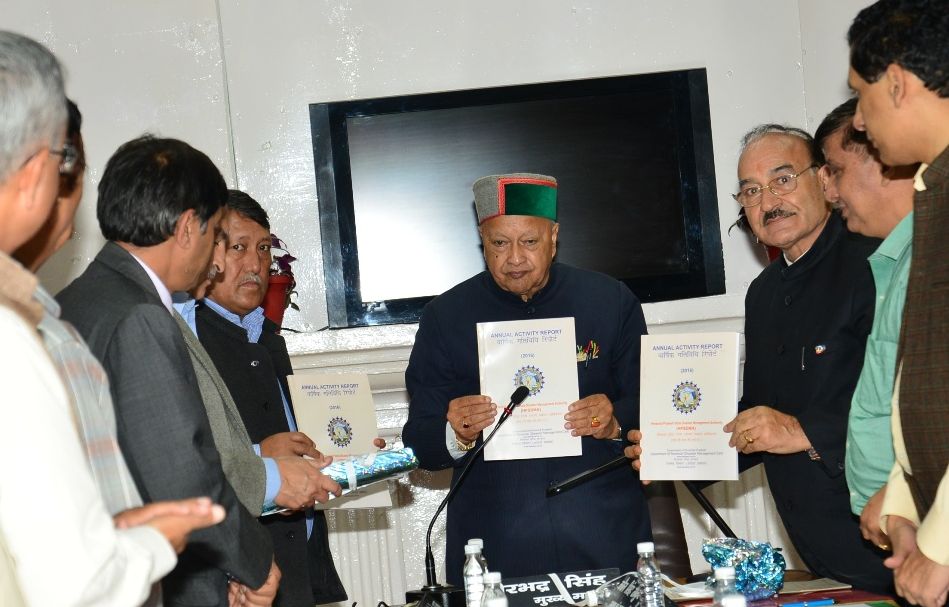The Government of India has replaced Planning Commission with a new institution named NITI Aayog (National Institution for Transforming India).
A cabinet Resolution issued today gave details of the new institutions.
The Prime Minister of India will be the Chairperson of NITI Aayog and Chief Ministers of all the States and Lt. Governors of Union Territories will be in its Governing Council.
Regional Councils will be formed to address specific issues and contingencies impacting more than one state or a region. These will be formed for a specified tenure. The Regional Councils will be convened by the Prime Minister and will comprise of the Chief Ministers of States and Lt. Governors of Union Territories in the region. These will be chaired by the Chairperson of the NITI Aayog or his nominee.
Experts, specialists and practitioners with relevant domain knowledge can be nominated by the Prime Minister as special invitees.
The Main Objectives of NITI Aayog
To foster cooperative federalism through structured support initiatives and mechanisms with the States on a continuous basis, recognizing that strong States make a strong nation.
To develop mechanisms to formulate credible plans at the village level and aggregate these progressively at higher levels of government.
To ensure, on areas that are specifically referred to it, that the interests of national security are incorporated in economic strategy and policy.
To pay special attention to the sections of our society that may be at risk of not benefitting adequately from economic progress.
To design strategic and long term policy and programme frameworks and initiatives, and monitor their progress and their efficacy. The lessons learnt through monitoring and feedback will be used for making innovative improvements, including necessary mid-course corrections.
To provide advice and encourage partnerships between key stakeholders and national and international like-minded Think Tanks, as well as educational and policy research institutions.
To create a knowledge, innovation and entrepreneurial support system through a collaborative community of national and international experts, practitioners and other partners.
To offer a platform for resolution of inter-sectoral and inter-departmental issues in order to accelerate the implementation of the development agenda.
To maintain a state-of-the-art Resource Centre, be a repository of research on good governance and best practices in sustainable and equitable development as well as help their dissemination to stake-holders.
To actively monitor and evaluate the implementation of programmes and initiatives, including the identification of the needed resources so as to strengthen the probability of success and scope of delivery.
To focus on technology upgradation and capacity building for implementation of programmes and initiatives.
To undertake other activities as may be necessary in order to further the execution of the national development agenda, and the objectives mentioned above.
The Composition of full-time organizational framework:
Chairperson: the Prime Minister
Vice-Chairperson: To be appointed by Prime Minister
Members: Full-time
Part-time members: Maximum of 2 from leading universities research organizations and other relevant institutions in an ex-officio capacity. Part time members will be on a rotational basis.
Ex Officio members: Maximum of 4 members of the Union Council of Ministers to be nominated by the Prime Minister.
Chief Executive Officer: To be appointed by the Prime Minister for a fixed tenure, in the rank of Secretary to the Government of India.
Secretariat as deemed necessary.


